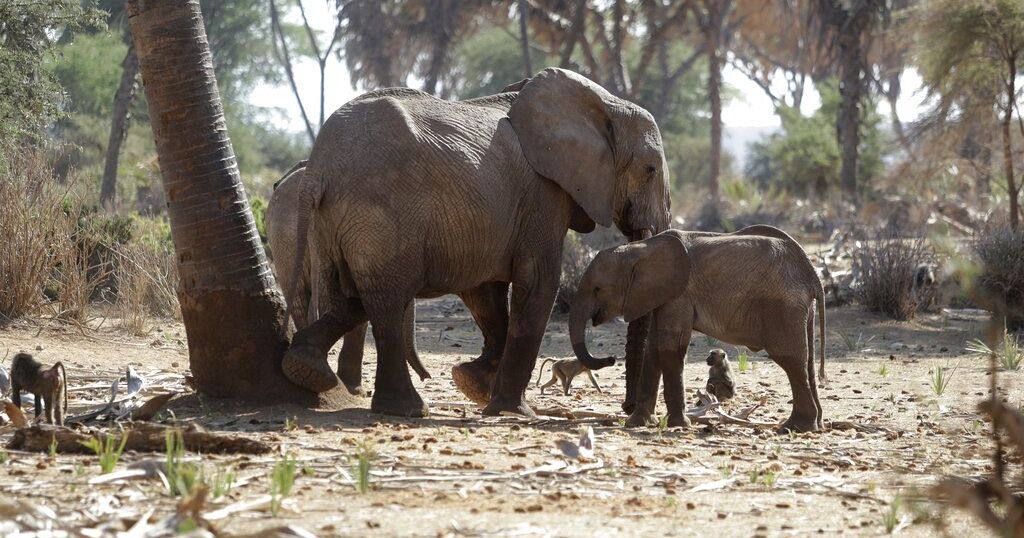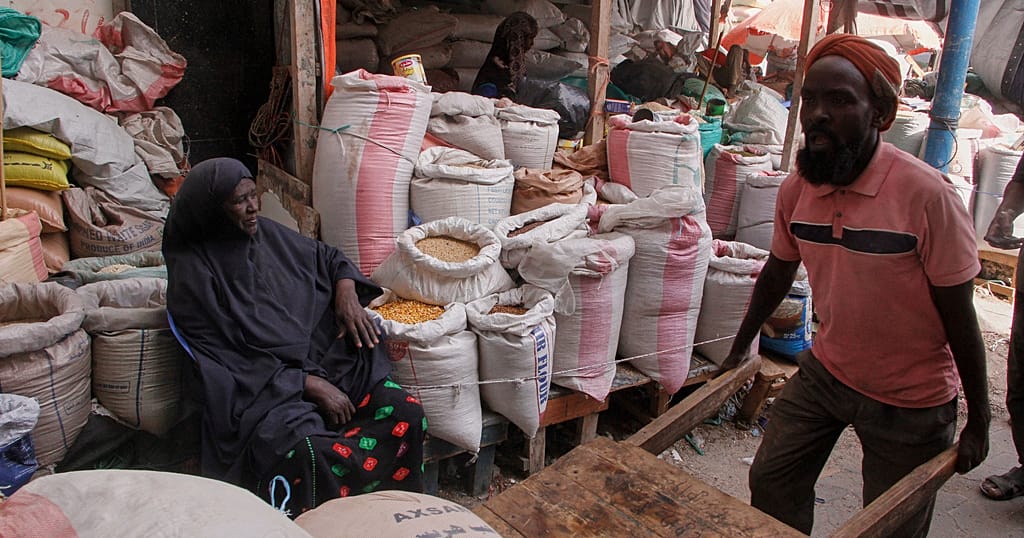Tech company develops AI-powered anti-poaching system

A Dutch technology company has developed a smart camera that is helping wildlife conservationists in Africa tackle widespread poaching.
Hack the Planet says its artificial-intelligence-powered system can help detect both poachers and animals in real time.
This is a boon for national parks which cover vast areas, making it physically impossible for the small number of rangers to be everywhere all the time.
Engineer Thijs Suijten explained that the system consists of a camera trap that has been slightly modified so that it can wirelessly talk to a mini-computer.
“This mini-computer downloads the images from the camera and then uses artificial intelligence to automatically classify whether there’s an animal, an elephant, or human on the photo,” he said.
It then uses a satellite modem to send the information through space directly to the phones of rangers within minutes.
Currently, rangers mostly use camera traps that need to be physically checked to see what’s recorded on them, making it difficult to know what is happening in real-time.
“We deployed the system in Gabon in 2021,” said Suijten, “And this project was mainly focused around a human-wildlife conflict or more specifically, human-elephant conflict.”
He explained that this is where elephants are increasingly breaking into the plantations of local farmers and destroying them, taking away the livelihood of local people.
“This is where we deployed the system, eight of these cameras, to create an early warning system so that rangers and locals know that elephants are approaching a village.”
It’s hoped that the smart camera system will provide anti-poaching units with an early warning system to help protect the wildlife in Africa’s national parks.
Another device being tested is a cell phone sensor to detect nearby SIM cards, often a sign that poachers are present in remote areas.
The tech start-up has tested the boxes in the Netherlands, Gabon, and Slovenia and is now deploying them in real-life anti-poaching efforts.
Source: Africanews













